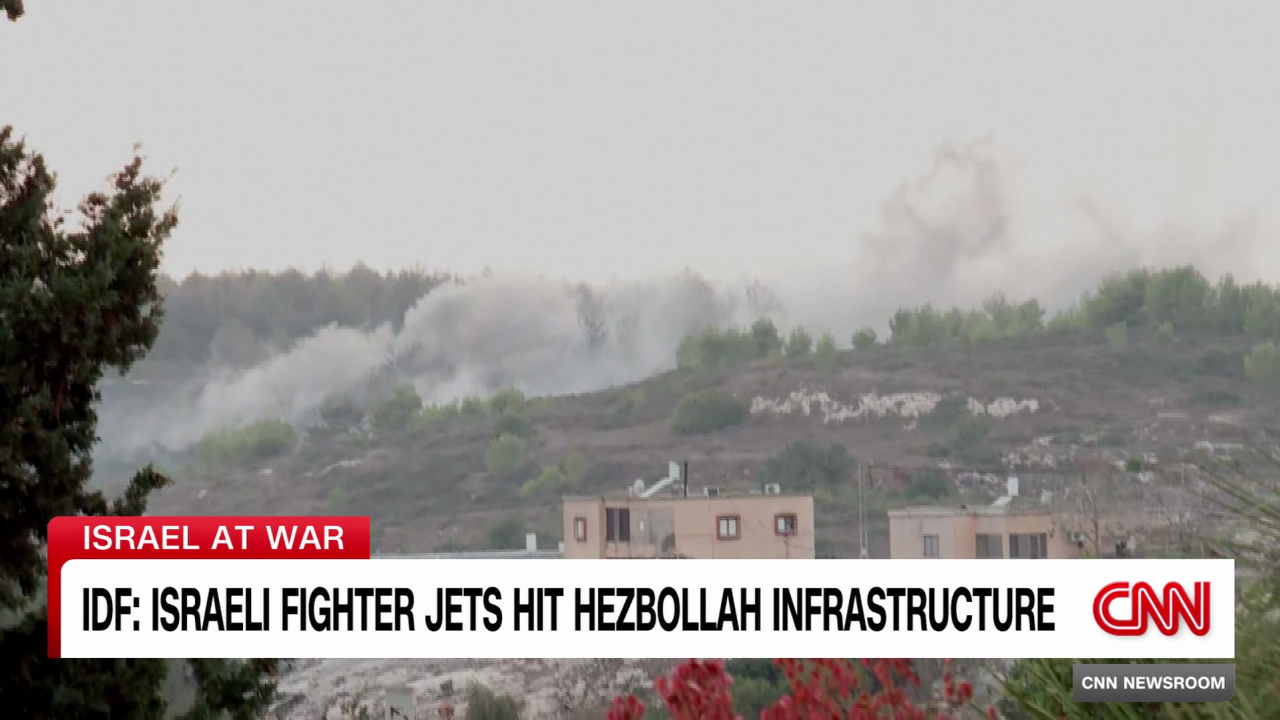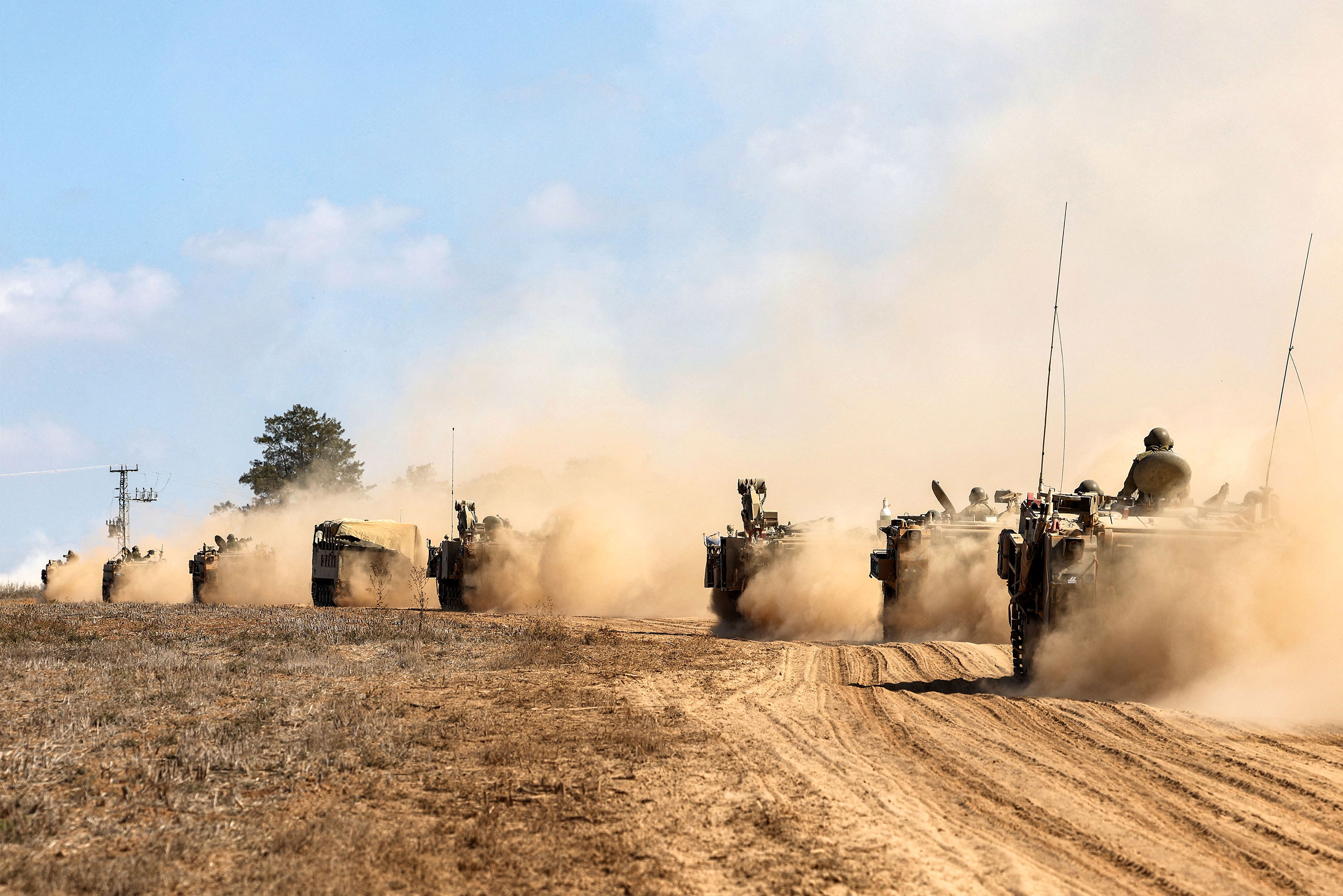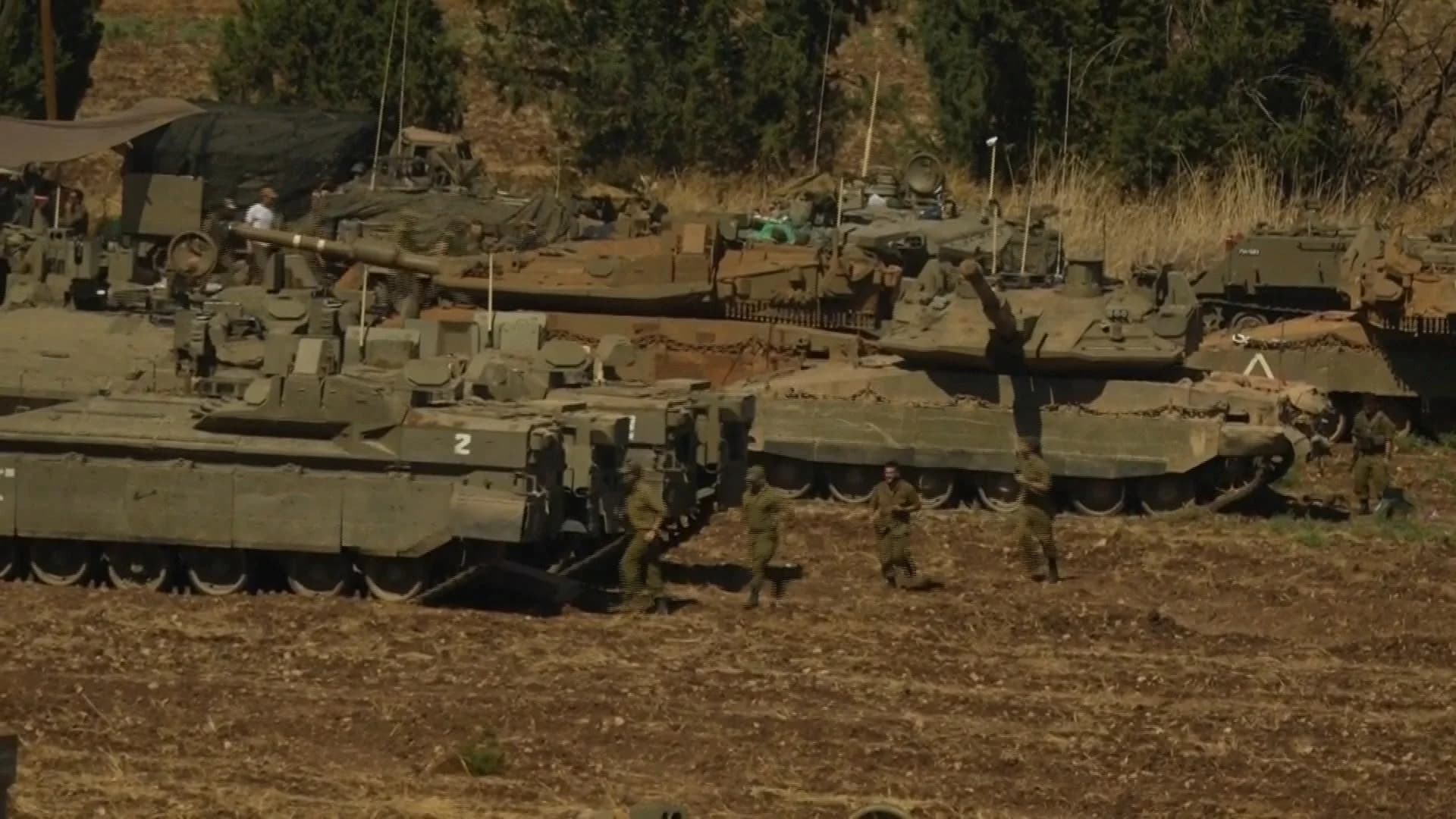Escalating Military Action in Southern Lebanon
The Israeli military announced on July 9, 2025, its first ground incursions into southern Lebanon in months, signaling a dangerous escalation in the ongoing conflict with Hezbollah. This maneuver aims to weaken the Iran-backed militant group, which has been under increasing pressure to disarm amid a fragile cease-fire established last November. According to BBC, the Israeli military stated that these "targeted operations" successfully located and destroyed Hezbollah infrastructure, although the timeline of these operations remains vague.
Daily Strikes Increase Tensions
Israel has ramped up airstrikes against Hezbollah targets in the region for months, intensifying military actions in recent weeks. This barrage of attacks has heightened concerns that the cease-fire, which has barely held since late 2024, may soon collapse. The implications are dire; a renewed conflict could lead to severe humanitarian crises and further destabilize the region, which is already grappling with the aftereffects of the devastating war that erupted after the October 7, 2023, attack by Hamas.

IDF: Israeli fighter jets hit Hezbollah infrastructure in southern ...
Hezbollah"s Struggles and Strategic Calculations
Despite the Israeli military"s aggressive tactics, Hezbollah has refrained from retaliating militarily since the cease-fire was enacted. Battered by last year"s conflict, the group is in a precarious position, attempting to recuperate while facing unprecedented pressure from Israel and U.S. allies. The ongoing hostilities pose a significant dilemma for Hezbollah, which must balance its military response against the risk of igniting a full-scale war that could devastate Lebanon further.
Pressure from the U.S. and Israel
The United States has been increasingly vocal in its demands for Hezbollah to disarm, a cornerstone of the cease-fire agreement. This pressure has implications that extend beyond the battlefield; it shapes the geopolitical landscape in a region riddled with conflict. As reported by West Point, the cease-fire is a product of complex arrangements, and the current Israeli aggressions threaten to unravel these fragile agreements, potentially leading to catastrophic consequences for civilians caught in the crossfire.

Israeli troops conduct local raids as Gaza braces for possible ground ...
The Risk of a Wider Conflict
The recent developments raise alarm bells about the potential for a wider conflict that could draw in regional and global powers. The interconnected nature of Middle Eastern geopolitics means that an escalation between Israel and Hezbollah could have ripple effects, impacting U.S. interests and alliances. The stakes are high, and the prospect of another devastating war looms ominously over Lebanon and the broader region.


![[Video] Heavy clashes and gunfire reported in Baghdad, Iraq](/_next/image?url=%2Fapi%2Fimage%2Fthumbnails%2Fthumbnail-1768342239932-848qsh-thumbnail.jpg&w=3840&q=75)




![[Video] Gunfire between Iraqi security forces and Sadr militias in Baghdad](/_next/image?url=%2Fapi%2Fimage%2Fthumbnails%2Fthumbnail-1768343508874-4redb-thumbnail.jpg&w=3840&q=75)
